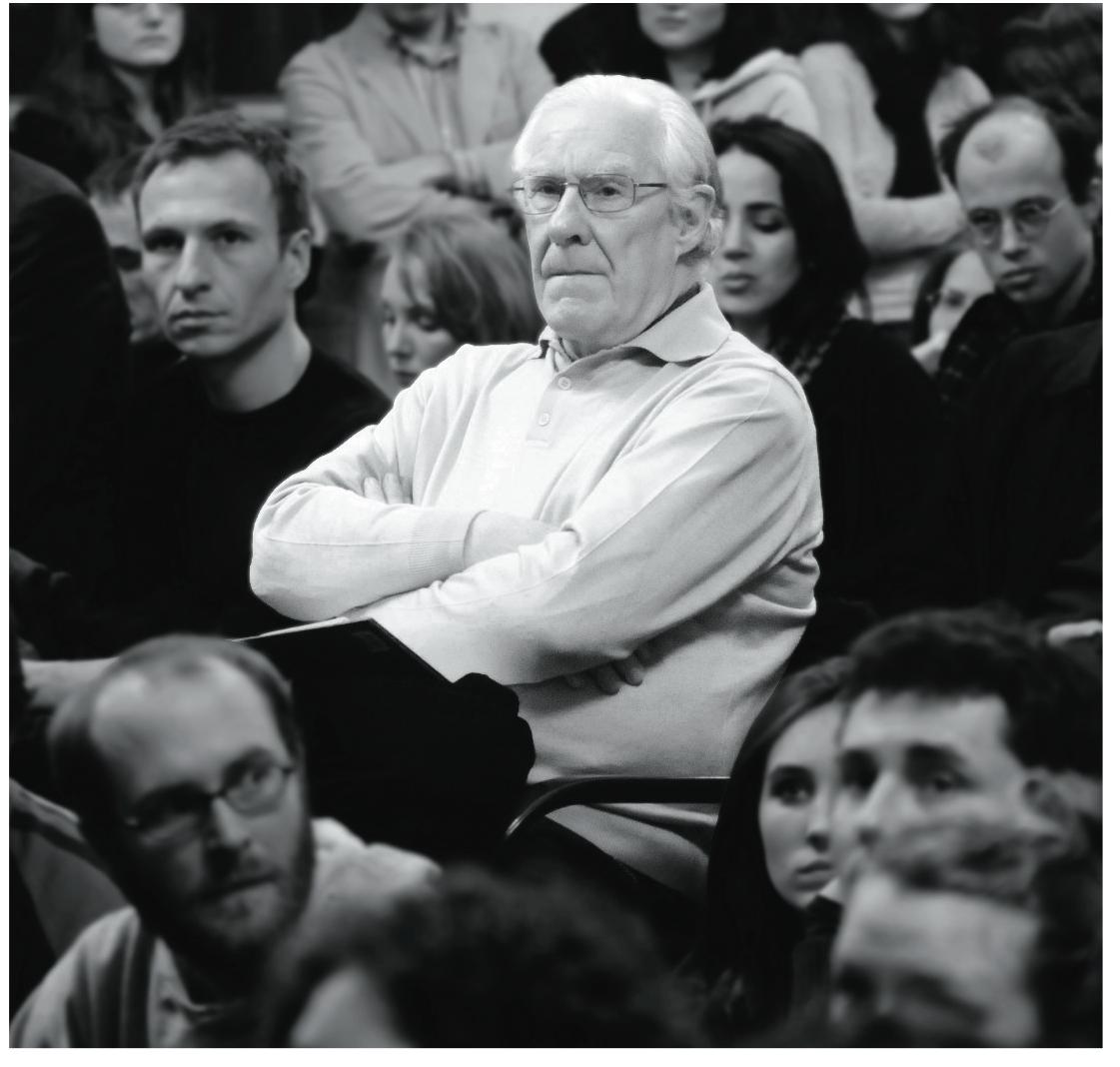Agent
dgaf ngaf cgaf
OK, sure, this makes a good deal of sense. But it seems more like a criticism of a particular aspect of consumer culture, rather than of capitalism per se; after all, there are (and have been) capitalist societies where porn is not ubiquitous. Victorian Britain, for example - porn certainly existed but it was illicit, black market (and, as a function of the sexual repression of that society, appropriately depraved...); most people would have gone their whole lives without ever seeing any. I mean, we're talking about a culture that considered a woman's naked ankle obscene. Yet that society was the very model of aristos-and-bourgeoisie-exploiting-the-proles that inspired Marx and Engels in the first place. Naomi Wolf makes the point that it was a lot different even in the '70s, when Playboy was the gold standard of jerking material, before you could access terabytes of smut at a finger-tap.
Zizek talks about the connection between consumerism and the regulation of jouissance in a lot of depth in Looking Awry and elsewhere. This probably deserves its own thread. Basically consumer culture becomes the subject's "sinthome" or constitutive symptom (it would take ages to explain Lacan's concept of the sinthome - it is the fourth register that emerges when the Imaginary dissolves and the subject is fragmented into bits of language - has a lot to do with topology). The sinthome is what makes each person an individual. It's the subject's unique set of tics/symptoms. Consumer culture replaces the sinthome so it mass-produces subjectivity. Zizek equates it with stupidity. Late capitalism keeps us protected from the real. Baudrillard compares it to the "boy in the bubble" in The Transparency o f Evil. At least 1/4 of that book is about immunology (AIDS, cancer, sanitation). The simulacrum is like a substitute or artificial immune system for the extended nervous system.
Jouissance doesn't necessarily have anything to do with sex. It's a traumatic/ecstatic (in the Greek sense) encounter with "the real," or undifferentiated matter and energy. The concept is at least partly based on Eastern mysticism and the influence of Surrealism.
Last edited:

